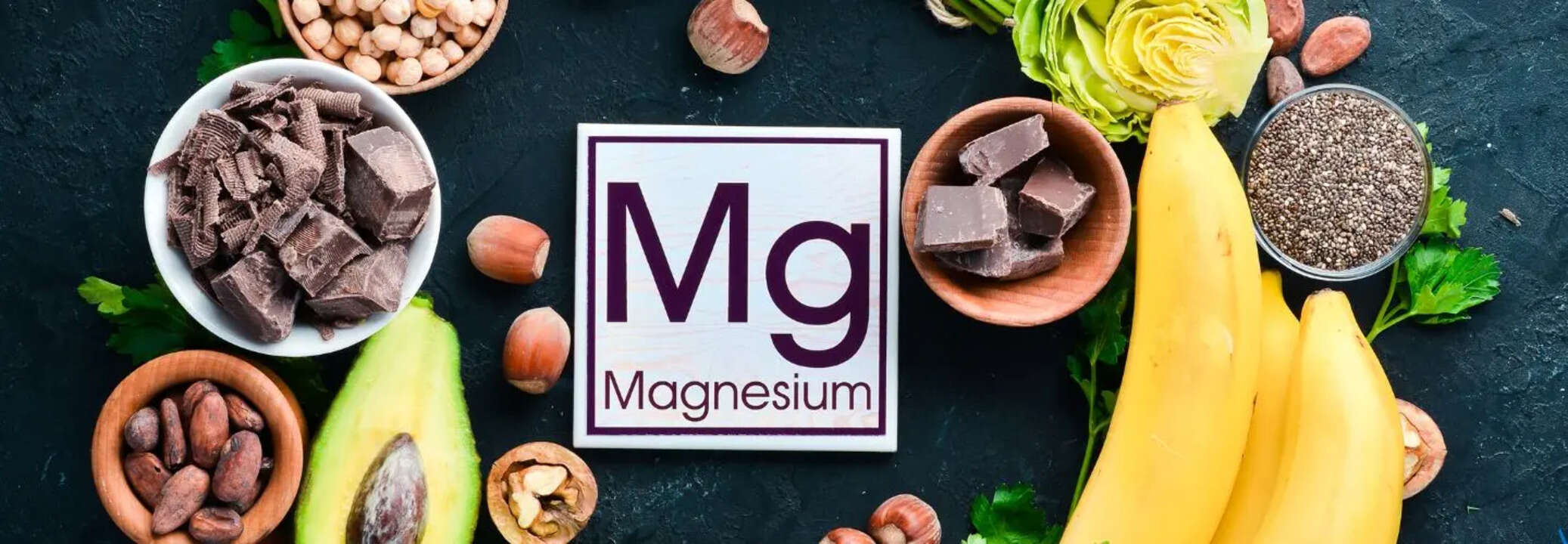Manganese And Magnesium Are Not The Same

Credit: Canva
SummaryMagnesium is considered a macromineral, which implies that it is required in relatively large quantities—around 420 milligrams per day for adults. But are there another differences?
End of Article
